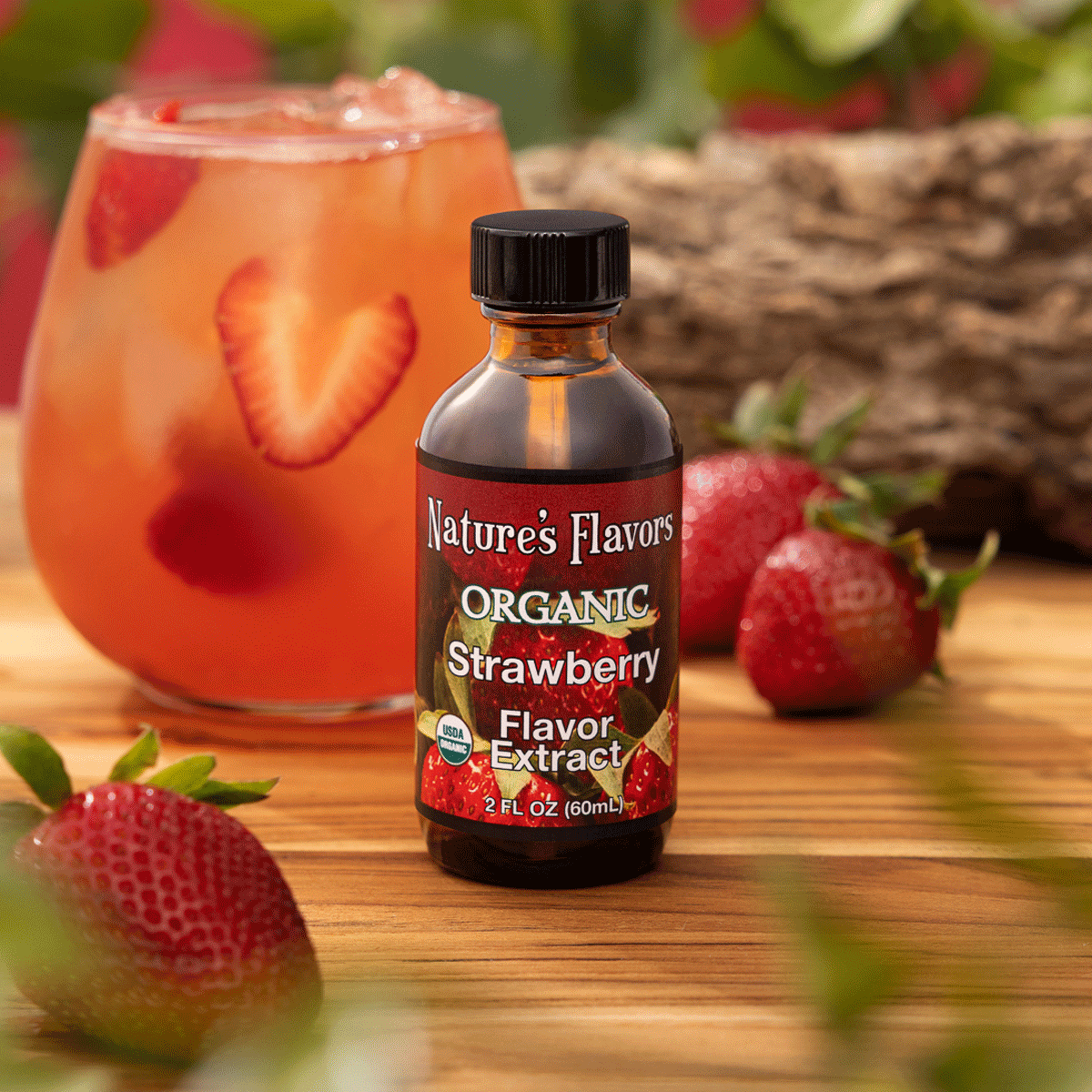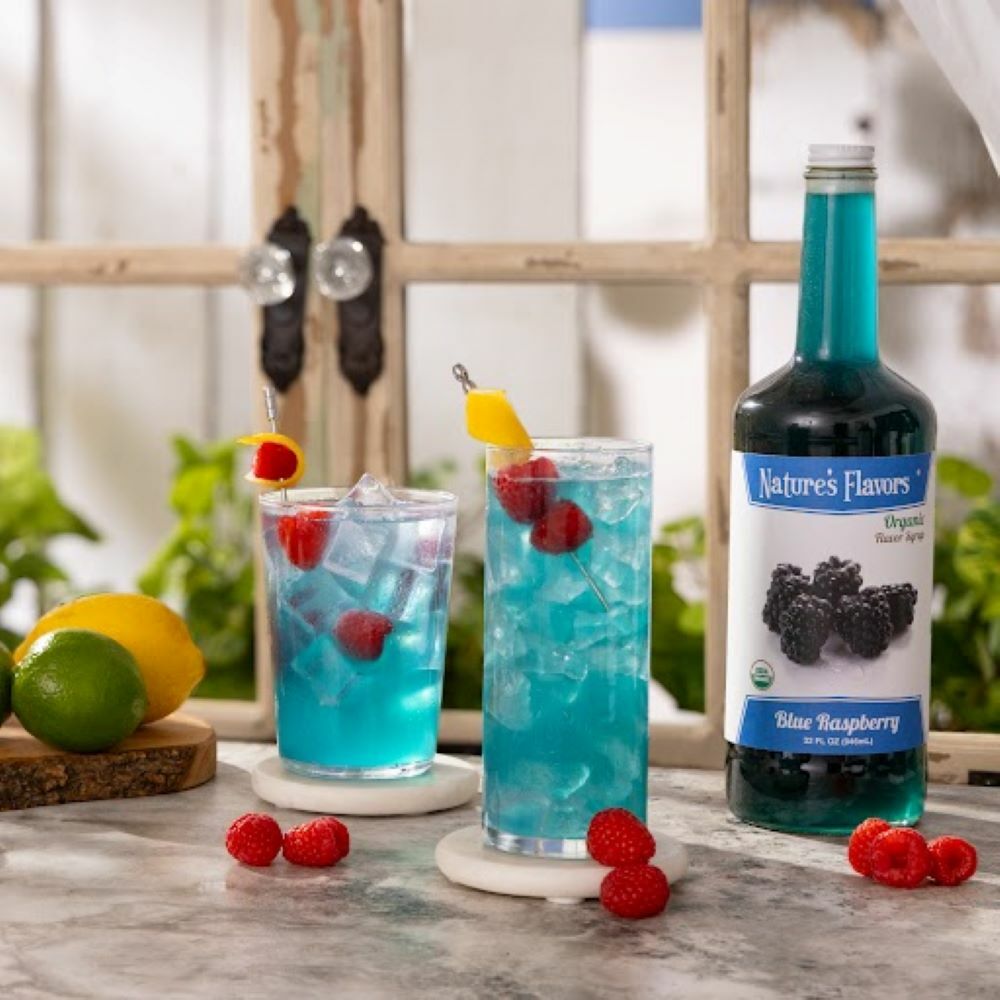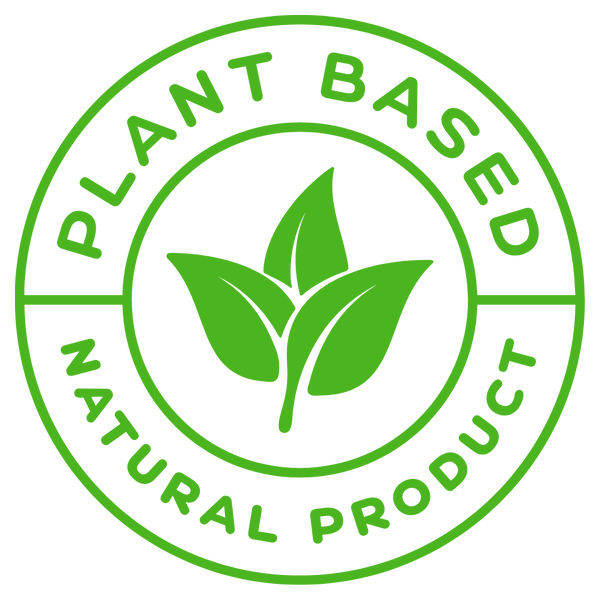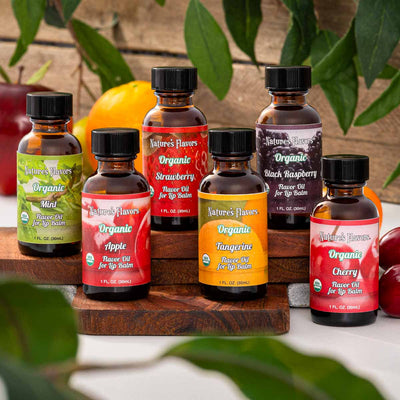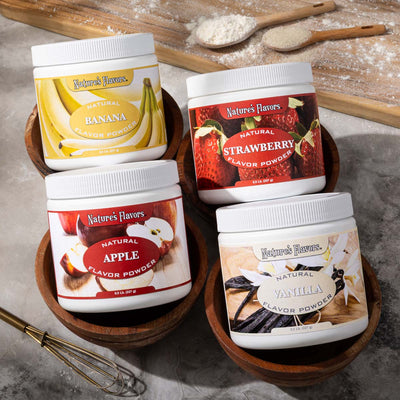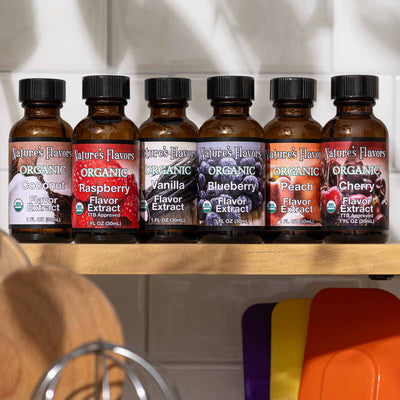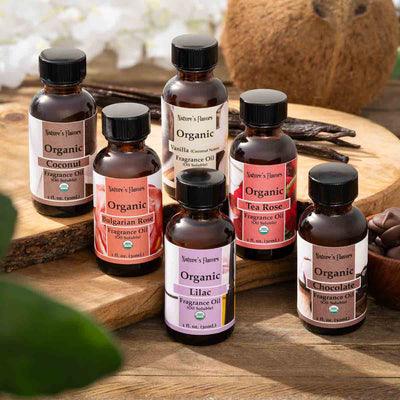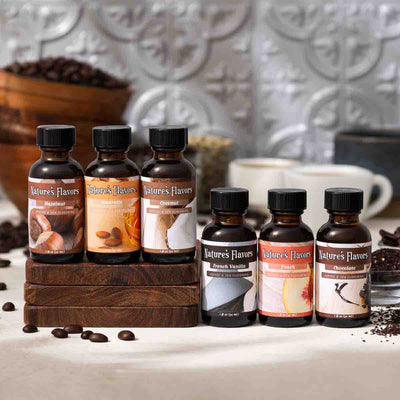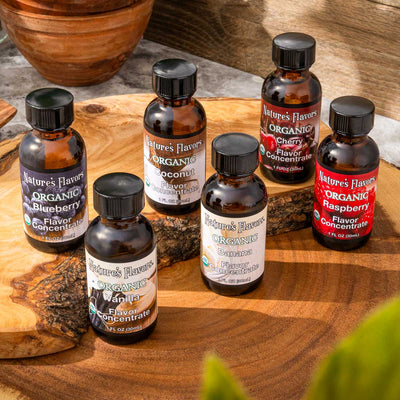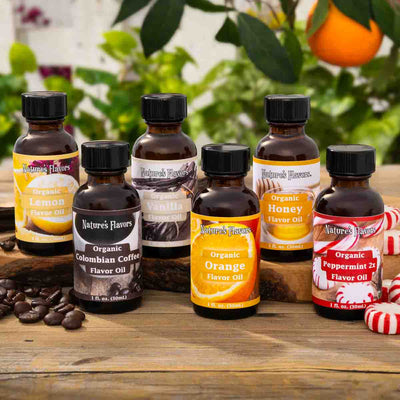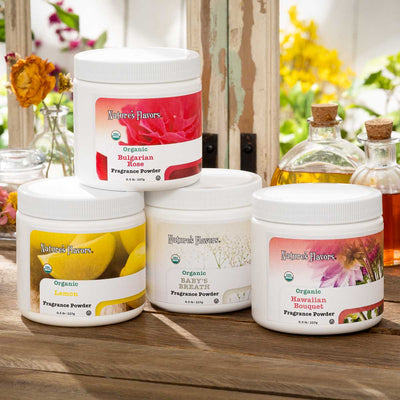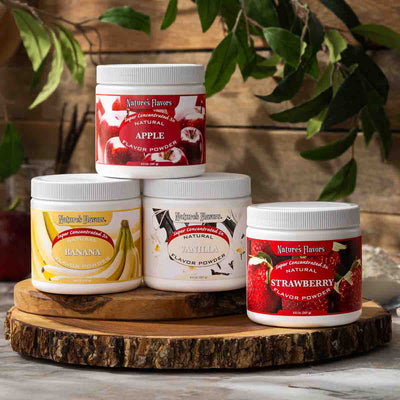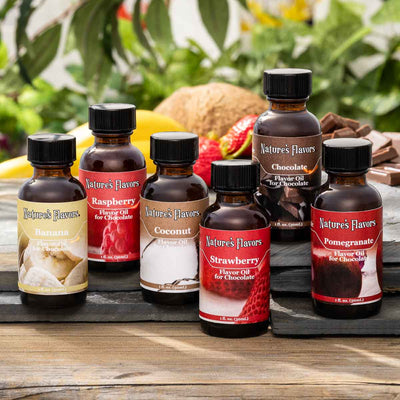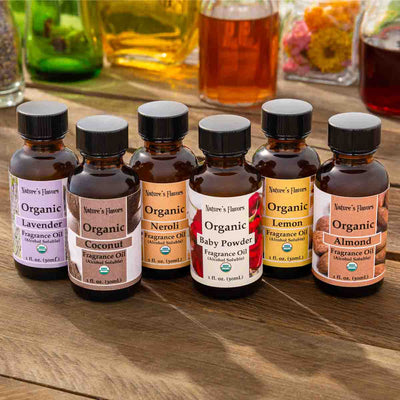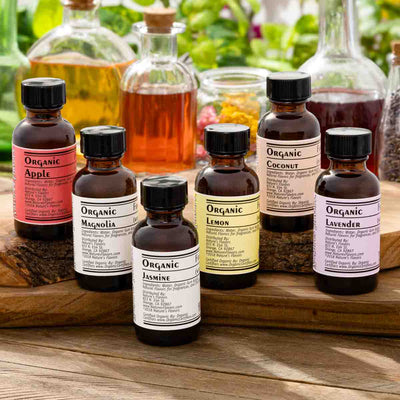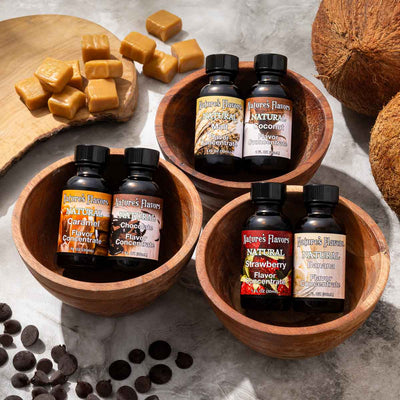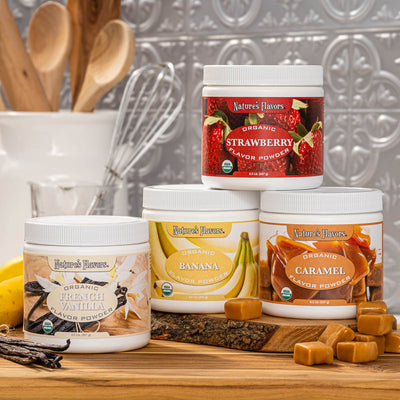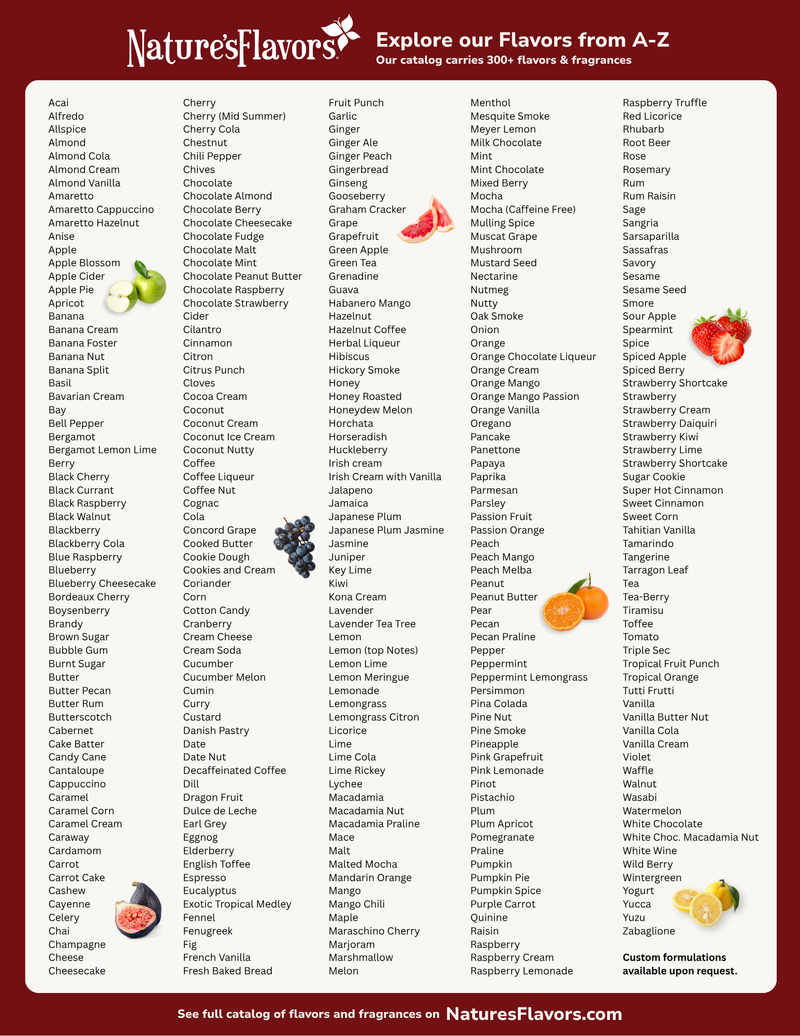Blueberry Flavor Compounds represent a concentrated flavoring solution designed for commercial food production and culinary applications. These compounds reproduce the characteristic sweet-tart notes and aromatic qualities of fresh blueberries in a stable, shelf-stable format. Certified kosher, vegan, and gluten-free, these compounds accommodate diverse dietary requirements while delivering consistent flavor performance across various food matrices.
Applications:
These flavor compounds integrate seamlessly into numerous food categories. Bakery applications include incorporation into muffin batters, cake mixes, and pastry fillings where they contribute fruity notes without moisture concerns associated with fresh fruit. Beverage manufacturers utilize these compounds in juice blends, flavored water systems, and smoothie bases. Dairy processors incorporate them into yogurt formulations, frozen dessert bases, and flavored milk products. Additional applications span confectionery items, sauce preparations, and specialty food products requiring blueberry character.
Benefit:
Flavor compounds provide operational advantages including batch-to-batch consistency, extended shelf stability, and simplified inventory management. Unlike seasonal fresh fruit, these compounds offer year-round availability at predictable costs. The concentrated format reduces storage requirements while maintaining flavor integrity throughout processing conditions. Clean labeling compatibility supports transparent ingredient declarations, addressing consumer preferences for recognizable components in food products.
Versatility:
The concentrated nature allows precise dosage control, enabling formulators to achieve target flavor intensities across different product types. Heat stability characteristics support various processing methods including baking, pasteurization, and thermal processing. The compounds blend effectively with other flavoring agents, facilitating complex flavor profile development and product differentiation opportunities in competitive markets.
Quality Assurance:
Manufacturing processes adhere to established food safety protocols and quality management systems. Each production lot undergoes analytical testing to verify flavor consistency, purity parameters, and compliance with certification standards. Documentation systems support traceability requirements while quality control measures ensure product specifications meet declared parameters for commercial food production environments.
Sustainability:
Production methods incorporate resource-efficient practices and responsible sourcing considerations. The concentrated format reduces packaging materials and transportation impacts compared to equivalent fresh fruit volumes. Manufacturing facilities implement waste reduction strategies and energy management practices, supporting environmental stewardship goals while maintaining product quality standards.


